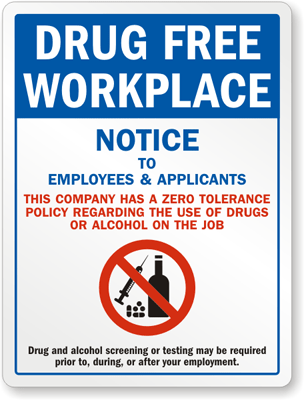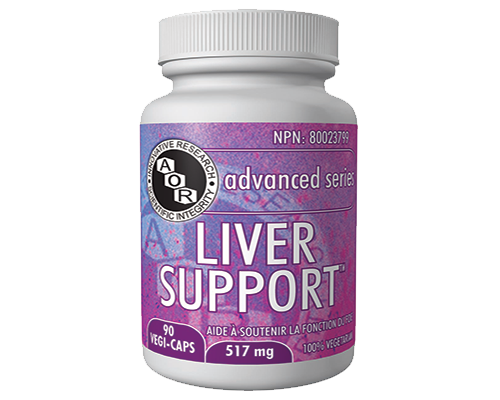Recent years have seen the emergence of a clear trend in the increase of workplace drug testing. Numbers of drug tests have risen substantially across industries since 2011. Although some jobs involving the use of heavy machinery have a long history of drug and alcohol testing, the use of such tools has now spread to other types of business, such as retail sales. To match this growth, employers need to be aware of the legal obligations and implications involved in the process of drug testing.

Reasons for employers to use drug testing
One factor behind the rise in drug testing may be the increased technical ease of administering such tests. However, businesses have other reasons providing a major impetus behind the trend. One such reason is awareness of the effects that drug and alcohol abuse by employees in customer-facing positions could have on sales and reputation. Health and safety also comes into play as more companies seek to reduce the risk that comes from an employee who is under the influence of drugs or alcohol. This often stems from the terms of insurance policies regarding causes of accidents.
Current UK drug testing legislation pertaining to the workplace
Two of the most important aspects of current legislation around workplace drug testing in the United Kingdom are consent and selection. Firstly, informed consent is required from an employee before a drug test can be administered. Forced or covert drug tests are illegal and any results obtained in this way are unlikely to be legally admissible. Secondly, the manner of selecting employees for drug testing should be described in a contract or guideline. Often, the selection needs to be random, and if the basis for selecting employees for drug testing is not formally described, it is possible that such drug tests will not be possible under the law.
Using a reputable company for drug testing
Given the legislation in place concerning drug testing, it is strongly advisable to enlist the services of a reputable company when administering, for example, an oral fluid lab test in the workplace. This will help to reduce the risks when administering such a process. In addition, there are a number of other tips that you can consider when considering drug testing within the framework permitted by legislation.
Tips on implementing a drug testing policy in line with current legislation

The following tips may help an employer to prepare for drug testing in the workplace:
- Include procedures for drug testing in company guidelines and employment contracts.
- Ensure that informed consent is obtained from employees.
- Use a reputable company to administer tests.
- If tests are defined as random, ensure that they are genuinely and verifiably random.
- Ensure that all test results remain confidential.
Furthermore, consultation with human resources and legal specialists is advisable before embarking on a programme of drug testing.
Summary
Drug tests for employees are increasingly common in the workplace. This relates to risks to health and safety and to business performance, among other things. However, laws concerning drug testing in the workplace are stringent, and it is advisable to work with a trusted testing company to ensure that practices follow all relevant legislation.




